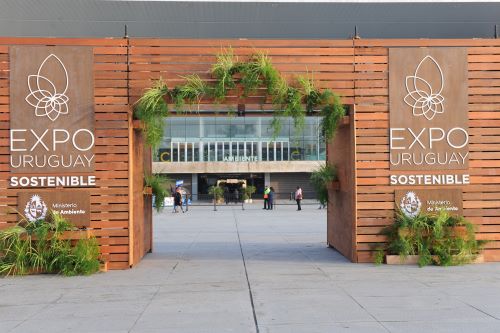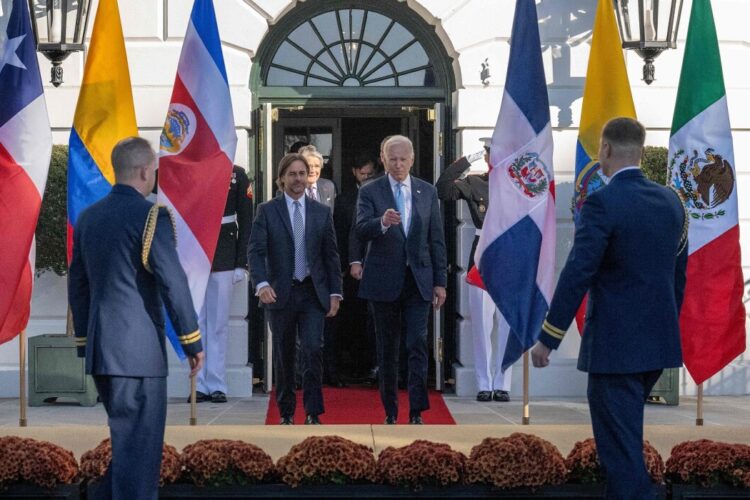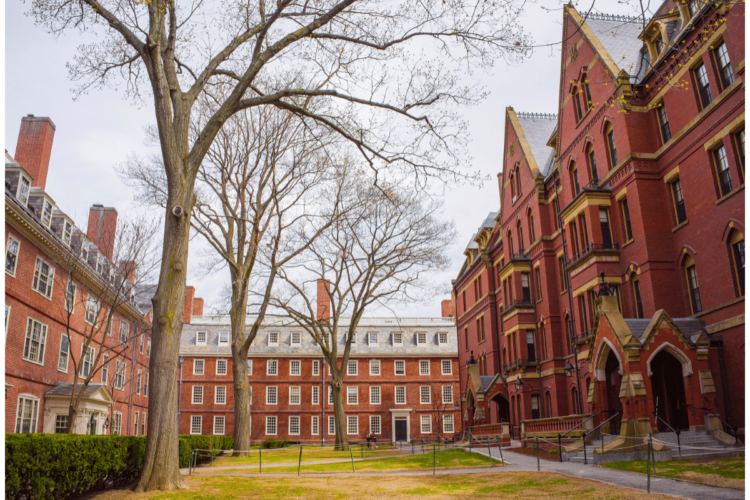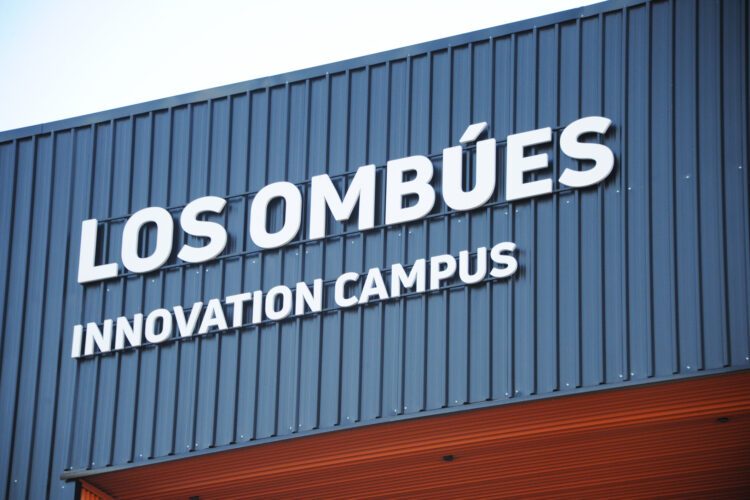The Uruguayan government has inaugurated a new innovation campus at LATU’s Innovation Park, positioning the country as a regional leader in technology and entrepreneurship.
This center, fundamental to the strategy of the government program Uruguay Innovation Hub, aspires to become an epicenter of synergy and collaboration, promoting innovation and entrepreneurship.
The opening ceremony was attended by the President of the Republic, Luis Lacalle Pou, along with prominent national authorities such as Foreign Minister Omar Paganini, the Minister of Economy and Finance, Azucena Arbeleche, the Minister of Education and Culture, Pablo Da Silveira, the Minister of Industry, Energy and Mining, Elisa Facio, and the director of Uruguay XXI. Sebastián Risso.
During her opening speech, Minister Facio, president of the steering committee of the Uruguay Innovation Hub, highlighted the strategic importance of this project: “The program was born as a response to our vision that innovation and technology are fundamental engines of knowledge-based economic and social development.”
The executive director of the Uruguay Innovation Hub, Sabrina Sauksteliskis, explained that the program seeks to promote Uruguay as an innovation hub, strengthening local enterprises and attracting international talent.
“Our goal is to help our entrepreneurs and talents scale internationally, in addition to attracting new projects that complement our local capacities to work both regionally and globally,” he said.
The new campus will focus on creating innovative solutions that improve quality of life and generate new economic opportunities through collaboration between entrepreneurs, researchers, businesses and government.
Facio explained that the Uruguay Innovation Hub’s strategy is based on three key pillars: advanced infrastructure, talent development and attraction, and fostering collaboration.
In terms of infrastructure, a significant investment was made to equip the campus with cutting-edge technology that facilitates research and development.
In addition, he highlighted the commitment of the program in the education and training of Uruguayan youth for the challenges of the 21st century.
The inauguration of the campus coincides with Uruguay’s recent entry into the patent cooperation treaty, a significant step that strengthens its position as an attractive destination for innovative projects at the regional and global levels.
Facio identified three key strategic areas for Uruguay: biotechnology, advanced technologies and green technologies.
In biotechnology, he highlighted the diversity and local talent, as well as the presence of key international players in the sector.
In advanced technologies, he mentioned areas such as artificial intelligence, blockchain and quantum computing, highlighting their transformative application in various industries, such as agriculture.
Regarding green technologies, he underscored Uruguay’s commitment to the energy transformation towards clean and sustainable sources, including the decarbonization of sectors such as transport and the energy industry.
This new campus marks a significant step towards consolidating Uruguay as a regional leader in innovation and technological development, with the potential to generate positive impacts both economically and socially.
The third edition of the Sustainable Uruguay Expo, organized by the Ministry of Environment,...











